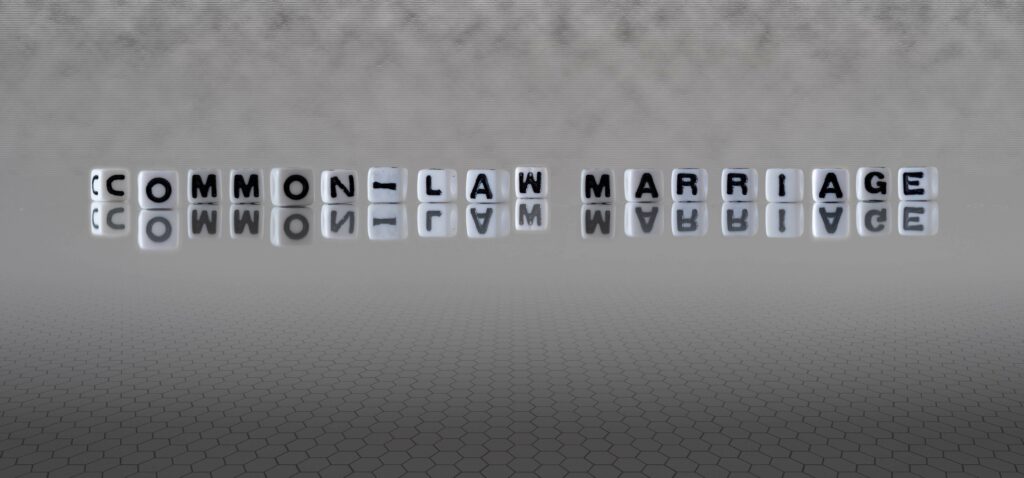- Personal Injury Claims
- Accidents
- Road Traffic Accident Claims
- Accidents At Work Claims
- Holiday Accidents and Illnesses Abroad Claims
- Fatal Accident Claims
- Accidents Public Place Claims
- Injuries
- Eye Injury Compensation Claims
- Poisoning Claims
- Serious Injury Claims
- Sports Injury Claims
- Upper Body Injuries Claims
- Arm and Elbow Injury Compensation Claims
- Hand Injury Claims
- Chest Injury Compensation Claims
- Neck Injury Compensation Claims
- Collarbone Injury Compensation Claims
- Cheekbone Injury Compensation Claims
- Eye Injury Claims
- Shoulder Injury Claims
- Fractured Sternum Compensation Claims
- Spinal Injuries Claims
- Brain Injury Compensation Solicitors
- Compensation for Scarring Claims
- Dislocated Injury Compensation
- Amputation Claims
- Dental Claims
- Horse Riding Accident Compensation
- Personal Injury Lower Body Injuries
- Asbestos Lawyers
- Abuse Lawyers
- Other Injury Claims
- Disputes
- Alternative Dispute Resolution
- General Disputes
- Contract Disputes
- Director Disputes
- Franchise Disputes
- Intellectual Property Disputes
- Landlord and Tenant Disputes
- Landlord/Tenant and Factor Disputes
- Resolving Trust Disputes
- Defending Personal Injury Actions
- Partnership Disputes
- Planning Disputes
- Property Disputes
- Will Disputes
- Consumer Disputes
- Land & Boundary Disputes
- Litigation
- Defamation
- Litigation Funding
- Other Dispute Resolution Services
- Court Actions
- Professional Negligence
- Professional Negligence Claims Against Surveyors
- Professional Negligence Claims Against Architects
- Professional Negligence Claims Against Accountants
- Professional Negligence Claims Against Solicitors
- Professional Negligence Claims Against Financial Advisers IFAS
- Professional Negligence Claims Against Banks
- Clinical Negligence Claims
- Group Actions
- Property & Conveyancing
- Conveyancing Services – Scotland
- Commercial Property Services – Scotland
- Other Property Services Scotland
-
- Family Law
- Immigration Services Edinburgh
- Visas
- Adult Naturalisation Application
- Child Registration Application
- Private Life Application for Adults
- Private Life Application for Children
- Long Residence Application
- Surinder Singh
- Administrative Review
- Fresh Claims for Asylum
- Naturalisation Application
- Stateless Persons
- Travel Documents
- Pre Action Protocol Letter
- Judicial Review
- Immigration Application Review
- Brexit Immigration Advice: Services in Scotland
- Business Immigration
-
- Wills,Trusts & Estates
- Probate & Executry Services
- Business Services
- Careers
Does Common Law Marriage Exist In Scotland?
July 29, 2024 Family Law
Common law marriage occurs when two people cohabitate and present themselves as a married couple or are in a civil partnership without being formally married. However, the main question is: does common law marriage exist in Scotland? In this blog, we will explore whether common law marriage exists, discuss cohabitating couples, examine the impact cohabitation has on legal rights, address misconceptions about common law marriage, and provide guidance on protecting your rights.

Table of contents
• About common law marriage in Scotland
• Cohabitating couples
• The impact of cohabitation on the legal rights in Scotland
• Common misconceptions about common law marriage
• How to protect your rights when living with your partner in Scotland
• Frequently asked questions
About common law marriage in Scotland
In Scotland, common law marriage does not exist, it is a misunderstanding that cohabitating couples are considered married. If a couple lives together and is not married in Scotland, they do not have the same legal rights as they would if they were married.
Contact Us
Speak with our experienced cohabitation family law team to receive responsive, clear, and straightforward legal advice and support.
Cohabitating couples
Nowadays, many people live as cohabiting couples instead of getting married. In the past it used to be that people would live together before they got married.
However, when people choose to be in a cohabitating relationship, they do not have the same legal benefits as married couples and may not be aware of this. It is helpful to understand the impacts of cohabitation and how you can protect your rights.

The impact of cohabitation on legal rights in Scotland
Being a cohabitating couple comes with a few implications, especially when it comes to the right to money and property. The Family Law (Scotland) Act 2006, outlines that cohabitating couples have certain rights and responsibilities if the relationship comes to an end or in the unfortunate event of one of the partners passing away. It is important for all couples to be aware of their legal rights and if they have any concerns or uncertainties to get legal guidance.
Here is an example of a cohabitated couple who could make a claim:
If a couple lives together, and one of them has bought the property, then the other partner will be able to make a claim for a share of the property if they split up.
Example of what would happen if I bought an item jointly with my partner:
If you both bought an item together, you both own it. If you separate, you will need to agree who keeps the item. The other person will then need to be given another item of equal value.
Are you going through a breakup with your partner and would like guidance on jointly owned assets? Our cohabitation family law team will be able to provide you with more information about your rights and provide you with guidance to ensure you take the best course of action. Call our team today on 0800 292 2035.
Common misconceptions about common law marriage in Scotland
Many people have misconceptions about common law marriage in Scotland. One of these being that if you have lived with your partner for a long period of time then you will gain the same rights as if you were a married couple. However, this is not the case. Another misunderstanding around this topic is if the couple refer to one another as a ‘husband’ or ‘wife’ and consider themselves to be married. This is again not true in Scotland.
Contact Us
Speak with our experienced cohabitation family law team to receive responsive, clear, and straightforward legal advice and support.
How to protect yourself when living with your partner in Scotland
To avoid any issues occurring and to protect your rights when living with your partner, you should create a legal agreement, for example a cohabitation agreement. Cohabitation agreements are very comparable to a prenuptial agreement; however, this is suited to a couple not married. A cohabitation agreement will help cover you when it comes down to property ownership and separation of assets.
Another legal document which is helpful if you’re a cohabitating couple is a Will. This ensures that your assets are distributed according to your wishes. If you do not have a Will and your partner passes away, then the laws of intestacy will decide who inherits your estate which might not be what you wish.
If you need some advice or would like to set up a cohabitation agreement, our cohabitation family law team are more than happy to assist you. Reach out to our team today.
Summary on common law marriage
In conclusion, common law marriage does not exist in Scotland. There are many misconceptions about cohabitating couples, including the belief that living together for years or referring to each other as ‘husband’ and ‘wife’ constitutes a legal marriage. However, this is not the case. To protect yourself if your cohabitating relationship ends, you should set up a cohabitation agreement or a Will.
Contact our cohabitation family law team for more information. You can do this by calling us on 0800 292 2035 or by completing the form on our website.
Contact Us
Speak with our experienced cohabitation family law team to receive responsive, clear, and straightforward legal advice and support.
Frequently asked questions
What if my partner is the only one to own the house?
You will need to submit a claim if your partner solely owns the house.
What if I’m in a cohabitating relationship and I have a child?
If you’re ending a cohabiting relationship and have a child together, it’s essential to reach an agreement regarding your child’s arrangements. If an agreement cannot be reached, court action may be necessary.
What are my rights if I’m in a cohabitating relationship?
If you are in a cohabitating relationship, you have no automatic rights if you separate from your partner. However, there are specific claims you can pursue. Contact our team to learn more
Steps to secure legal protection in a relationship
To ensure greater legal security in your relationship, whether you are married or in a civil partnership, consider creating a will or a cohabitation agreement.
















